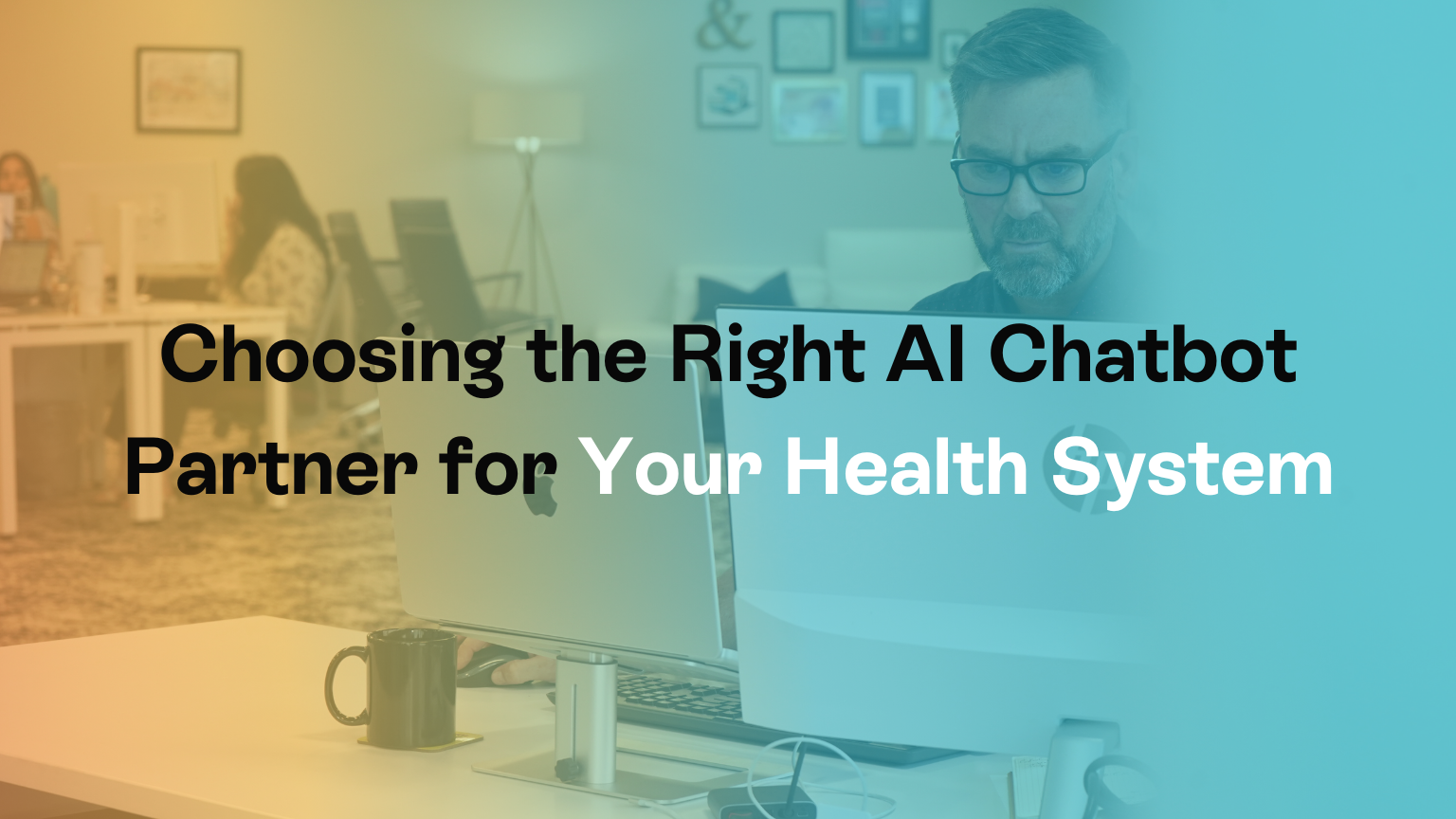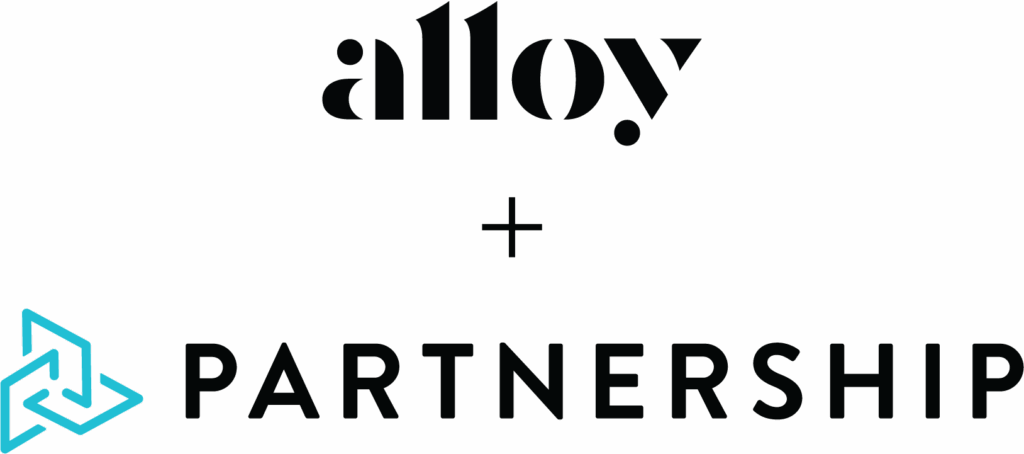This is the first in a two-part series on selecting and maintaining an AI chat engagement platform for your health system. In this post, we’ll cover how to evaluate potential partners to ensure they meet your needs for compliance, integration, scalability, and patient experience.
Selecting an AI chat engagement platform isn’t just about technology—it’s about elevating patient experiences, streamlining workflows, and ensuring long-term compliance. With our deep expertise in healthcare marketing and powerful custom analytics dashboard, The Partnership is uniquely positioned to help you maximize ROI and deliver measurable results. The right AI partner can transform digital patient interactions, but not all solutions are created equal. Here’s what you need to evaluate to make a confident, informed decision.
Healthcare Expertise Matters
An AI partner should have a strong background in healthcare, not just generic chatbot solutions. Look for providers who have worked with health systems, payers, or providers and can demonstrate their expertise through real-world use cases.
- Do they have experience working with health systems, payers, or providers?
- Have they built AI chat solutions for patient engagement, scheduling, symptom checking, or other key use cases?
- Can they provide case studies or references from other healthcare clients?
Security & Compliance Are Non-Negotiable
Healthcare AI solutions must meet strict compliance requirements to protect sensitive patient data. Ensure the partner follows industry regulations and has robust security measures in place.
- Does the platform meet HIPAA, HITECH, and other relevant healthcare regulations?
- How is patient data protected (encryption, access controls, audit trails)?
- Do they provide built-in consent management and compliance reporting?
AI & NLP Capabilities
Not all AI solutions are created equal. Some rely on basic rule-based logic, while others leverage advanced machine learning. Assess how well their AI understands medical terminology, patient inquiries, and integrates with clinical systems.
- What type of AI powers the chatbot—rules-based logic, machine learning, or large language models (LLMs)?
- Can it accurately interpret medical terminology, patient questions, and regional dialects?
- Does it integrate with clinical guidelines or EHR (Electronic Health Record) systems for accurate responses?
Integration with Existing Systems
A chatbot should work seamlessly with your current healthcare IT ecosystem. Evaluate how well the AI integrates with EHRs, CRMs, telehealth platforms, and other essential systems.
- Can it integrate with Epic, Cerner, and other major EHRs?
- Can it connect with CRMs, patient portals, and telehealth platforms?
Scalability & Performance—Will It Keep Up?
A healthcare chatbot must handle high patient volumes, especially in critical situations. Evaluate:
- Cloud-based vs. on-premises options
- Uptime guarantees and disaster recovery plans
- Real-time analytics for performance tracking
Customization & Human Oversight
A one-size-fits-all chatbot won’t work for every patient population or clinical workflow. Patients expect personalized, empathetic interactions. Your AI should:
- Adapt to different patient populations and workflows
- Support multiple languages and voice-based AI
- Offer a seamless human-agent handoff when needed
Human-Agent Handoff
AI isn’t a replacement for human care—it should enhance it. When patients need live support, the transition should be smooth. Evaluate:
- How does the AI transition patients to live agents when needed?
- Does it integrate with contact center software like Genesys or Five9?
- Is the handoff seamless, or does it disrupt the patient’s experience?
Analytics & Reporting
The best AI solutions don’t just answer questions—they provide insights to improve patient engagement over time. Ask:
- Does the platform track engagement, chatbot effectiveness, and drop-off rates?
- Can it generate custom reports and integrate with business intelligence (BI) tools?
- Does it support A/B testing for optimizing conversation flows?
Cost & Pricing Model
AI chatbot pricing can vary widely. Make sure you understand the full cost structure before committing. Key considerations:
- What is the pricing model (subscription, usage-based, enterprise license)?
- Are there additional costs for integrations, AI training, or ongoing support?
- Do they offer a proof-of-concept (PoC) or pilot before full deployment?
Vendor Stability & Support
This isn’t just a technology decision—it’s a long-term partnership. Make sure your AI provider is built to last. Evaluate:
- Is the company financially stable and experienced in long-term healthcare partnerships?
- What service level agreements (SLAs) do they offer for uptime and support?
- How responsive is their customer service and technical support team?
The Bottom Line
Your AI chat engagement partner should do more than automate responses—it should enhance patient trust, regulatory compliance, and long-term engagement. Choose a vendor that balances cutting-edge technology with real-world healthcare expertise to future-proof your digital patient experience.
Your patients expect the best, and your brand should reflect that. From hospital networks and medical systems to private practices, The Partnership is a fully integrated PR, Marketing and Communication agency that works side‑by‑side with healthcare organizations in Atlanta, Tampa and Southwest Florida to deliver comprehensive marketing strategies. Whether you’re launching a new service, managing a challenge, or looking to boost visibility, we’ll guide you every step of the way. Fill out the form below and let’s create a marketing plan that gets results.


